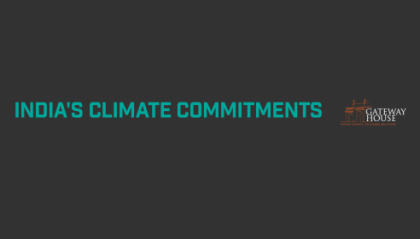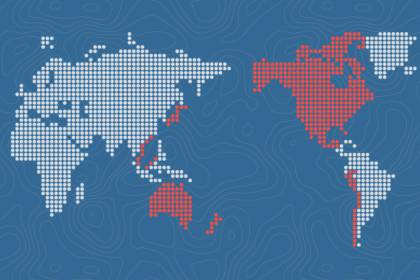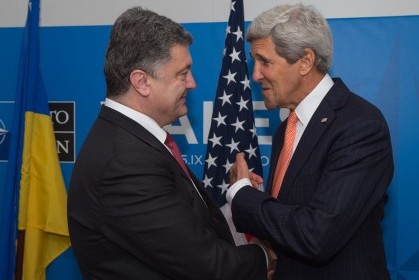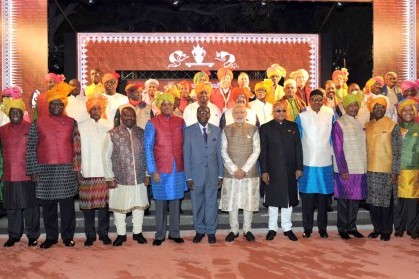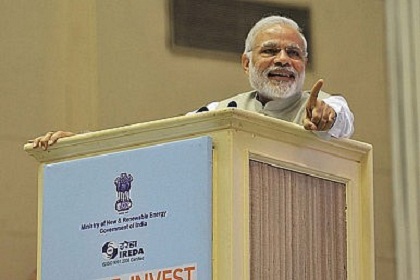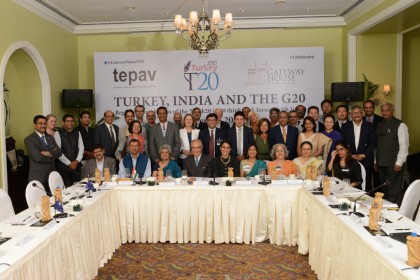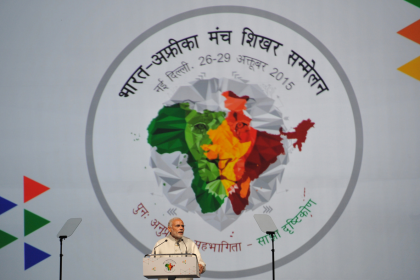Paris Summit: eco-systems vs. profits
If COP 21 Summit in Paris is to play a decisive role in warding off climate havoc, it must strengthen efforts to resolve the greatest market failure in history. Efforts to reconfigure market culture are part of a larger civilizational process of treating profit as the means not the goal of business.


